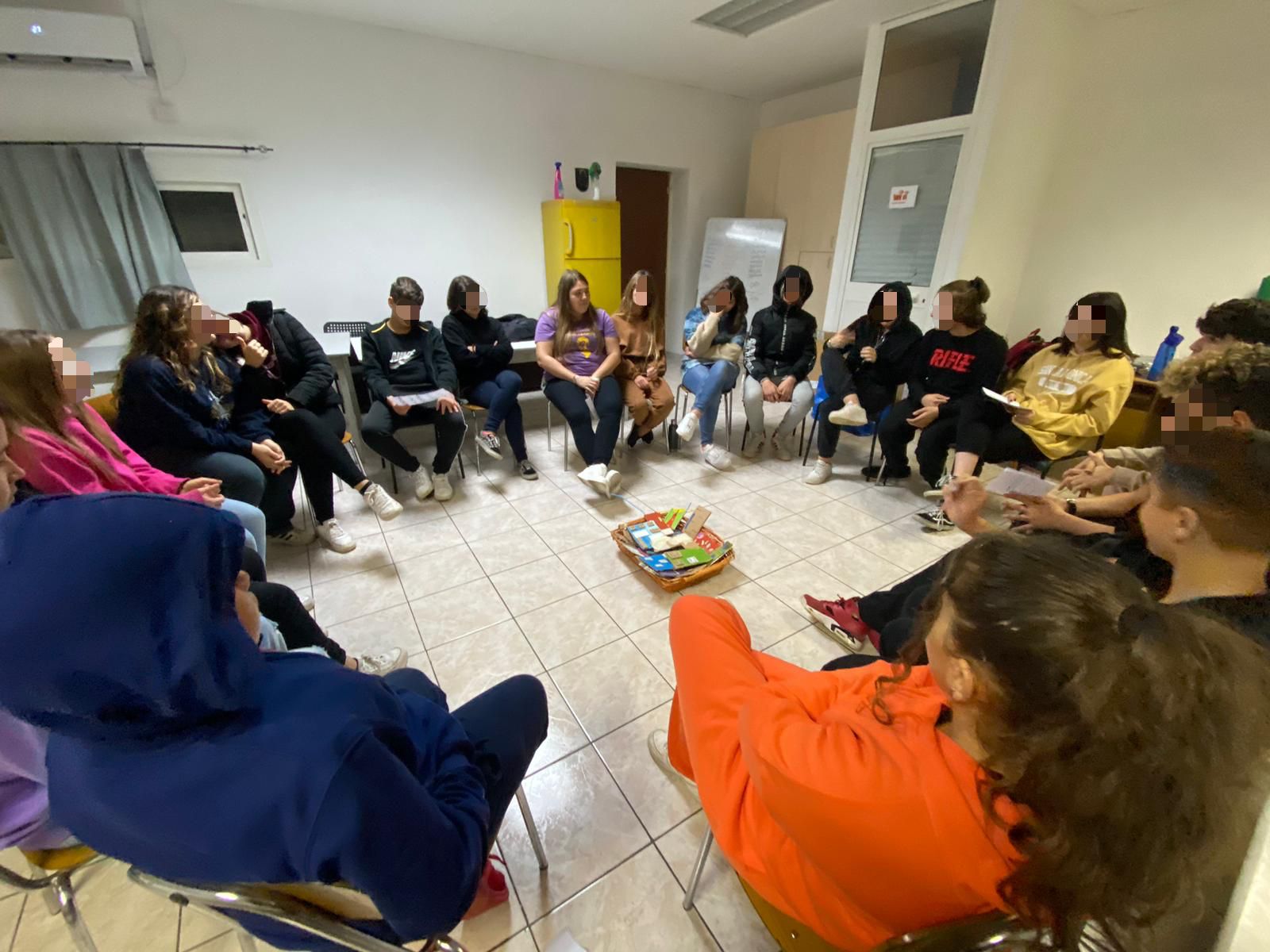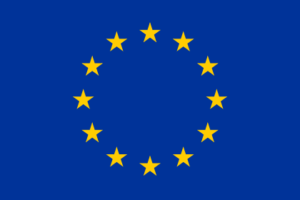In an age marked by global health crises and an ever-growing need for effective disease preparedness, trust in scientific research has become paramount. Amidst fears and uncertainties, citizen science emerges as a powerful tool that not only engages communities but also promotes trust in research. By involving citizens in the scientific process, citizen science can bridge the gap between scientists and the public, enhancing transparency, collaboration, and understanding.
The Step Change project has investigated how citizen science approaches can be used to develop a bespoke policy for disease preparedness that best suits a specific region or country.
This article also explores just how citizen science practices can contribute to building up society’s trust in research, in the context of disease preparedness and public health.

Using Citizen Science to inform Public Health policy
Throughout the Step Change project, our partners from the University of Rome ‘Tor Vergata’ (UNITOV) have been working to develop a comprehensive review of citizen science and similar participatory approaches to disease preparedness and pandemic response in Italy and across Europe, including those related to outbreaks of Zika, Ebola, Avian flu, Swine flu, SARS/MERS, and of course COVID-19. In total 56 cases or initiatives were identified.
Once this taxonomy of projects and initiatives was created, the UNITOV team analysed this list, looking into how these approaches used citizen science or participatory methodologies were used to tackle disease preparedness and outbreak responses, and in which societal contexts these approaches were applied, using a combination of the CITIES-Health and WHO/WB (PPR) models.
From this analysis, UNITOV shortlisted a selection of these cases that would be reviewed by Italian stakeholders and representatives, consisting of; civil society organizations, community-based health services, the local school system, research institutes, and high school/university students, to determine how these approaches may be adopted and developed to meet the needs of Italian communities, and increase the level of preparedness of Italy for possible future outbreaks. With a particular focus on the following areas:

Building upon the inputs from these societal groups, UNITOV will produce documentation on how citizen science may be adopted and developed to increase the level of preparedness of Italy for possible future outbreaks.
But how can citizen science approaches help build trust in public health research, and policy and safeguards? We take a deep dive here!
Engagement and Collaboration
Citizen science encourages public participation and engagement, enabling individuals to actively contribute to scientific research. Involving citizens in data collection, analysis, and interpretation, empowers them to take an active role in addressing the challenges associated with disease preparedness and helps combat the fear of the unknown. This inclusive approach fosters a sense of ownership and shared responsibility, leading to a higher level of trust in research outcomes, and providing the public with the critical knowledge they need to fully accept and understand the rationale behind public health safeguards.
When citizens have the opportunity to work alongside scientists, they witness firsthand the dedication, expertise, and rigour involved in the scientific process. This collaborative environment breaks down barriers and promotes open dialogue, strengthening the relationship between researchers and the public.


Transparency and Accountability
One of the key drivers of trust is transparency, and citizen science excels in this regard. By involving citizens in all stages of research, from study design to data analysis, citizen science projects are often characterised by open data policies and accessible methodologies. This transparency allows for independent verification and scrutiny, reinforcing the credibility of research findings.
Moreover, citizen science provides a platform for public input and oversight, ensuring accountability within the scientific community. By including diverse perspectives and voices, citizen science projects address potential biases and foster inclusivity. This involvement helps alleviate concerns related to the manipulation or misrepresentation of research findings, further enhancing trust in the scientific process.
Local Relevance and Empowerment
Citizen science facilitates the collection of data at the community level, enabling researchers to obtain a comprehensive understanding of local contexts and concerns. This localised approach not only generates relevant data but also ensures that research findings resonate with the experiences and needs of the communities they serve.
When citizens actively participate in research related to disease preparedness, they become informed and empowered citizens. This empowerment, in turn, strengthens trust in research outcomes, as individuals feel better equipped to make informed decisions about their own health and well-being, as well as those most at risk in their own communities. By fostering a sense of agency, citizen science empowers communities to take an active role in shaping research agendas and policies, as well as a drive to help protect the most vulnerable within their society.


Educational Opportunities and Awareness
By including citizens and stakeholders throughout the research process, citizen science projects offer valuable educational opportunities, which allow participants to develop scientific literacy skills, as well as gain insights into the complexities of research. As citizens engage in data collection and analysis, they learn about research methodologies, statistical analysis, and the process of drawing evidence-based conclusions. This exposure to scientific practices helps dispel misinformation and encourages critical thinking, not only for the individuals directly taking part in these initiatives but also for the communities and public networks as a whole, as these individual experiences are shared through word of mouth and public discourse.
Furthermore, citizen science initiatives often raise awareness about disease preparedness, making scientific information more accessible and understandable to the public. By disseminating research findings through community channels, citizen science projects bridge the gap between scientific jargon and layperson understanding. This increased awareness not only empowers individuals but also instils trust in research as a reliable source of information.
The Future of Disease Preparedness
Although disease outbreaks and pandemics are not new phenomena, the COVID-19 crisis changed the landscape of how we need to approach these issues in the future. By using citizen science approaches, societal groups and researchers can work hand in hand to ensure that in the future we have the scaffolding in place to protect the most vulnerable, and that policy and legislation are fit for purpose for the communities it serves.
